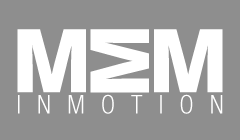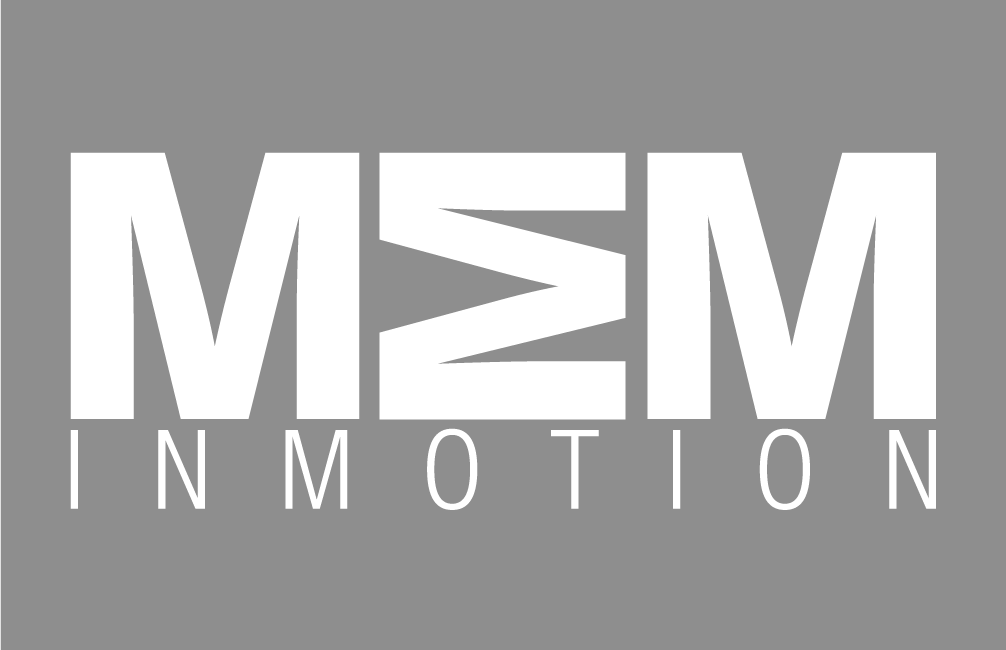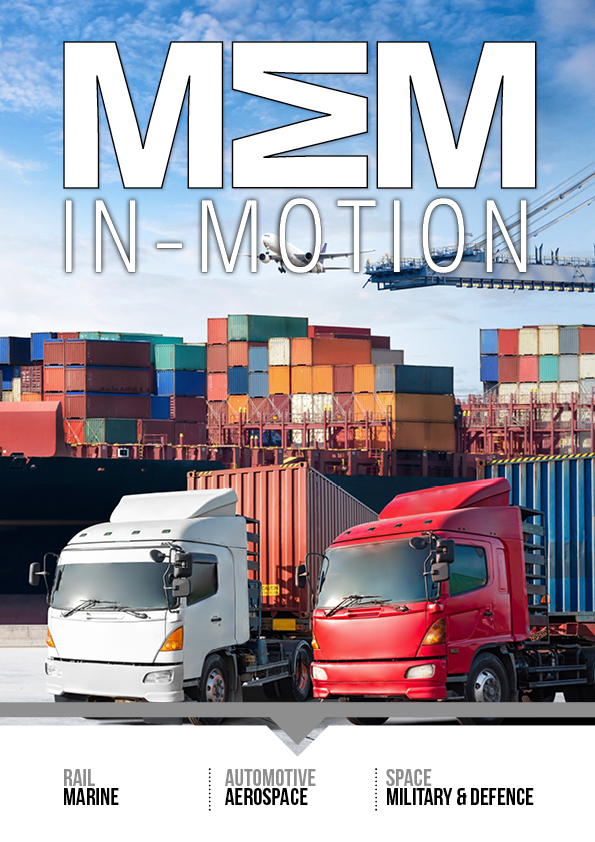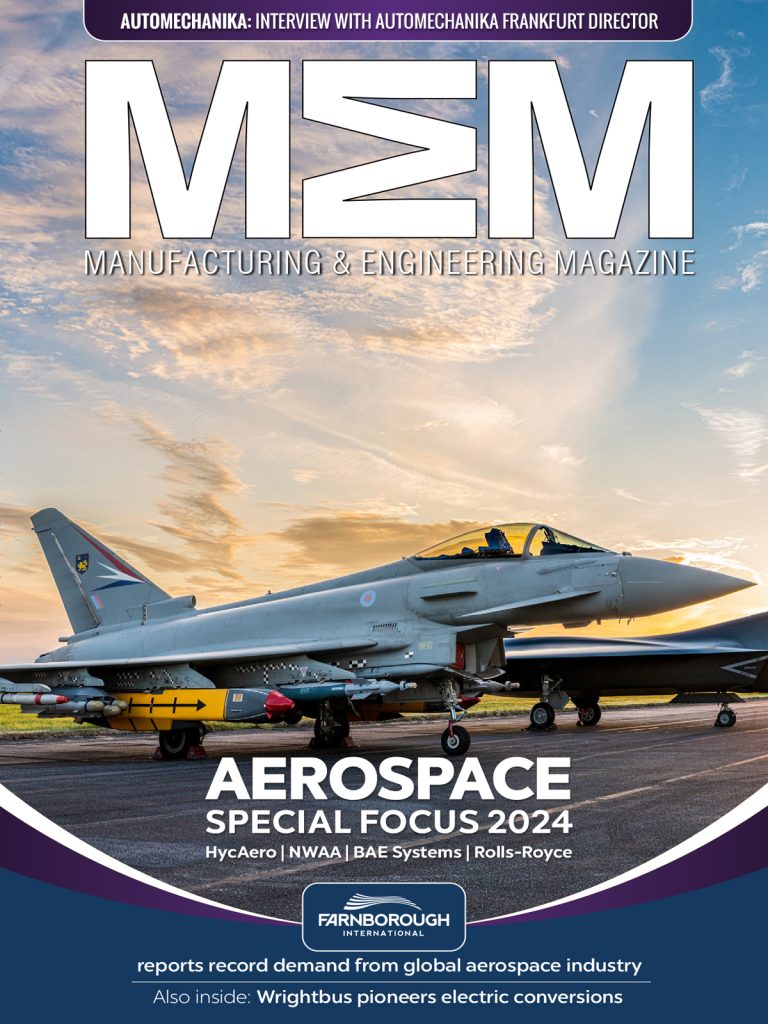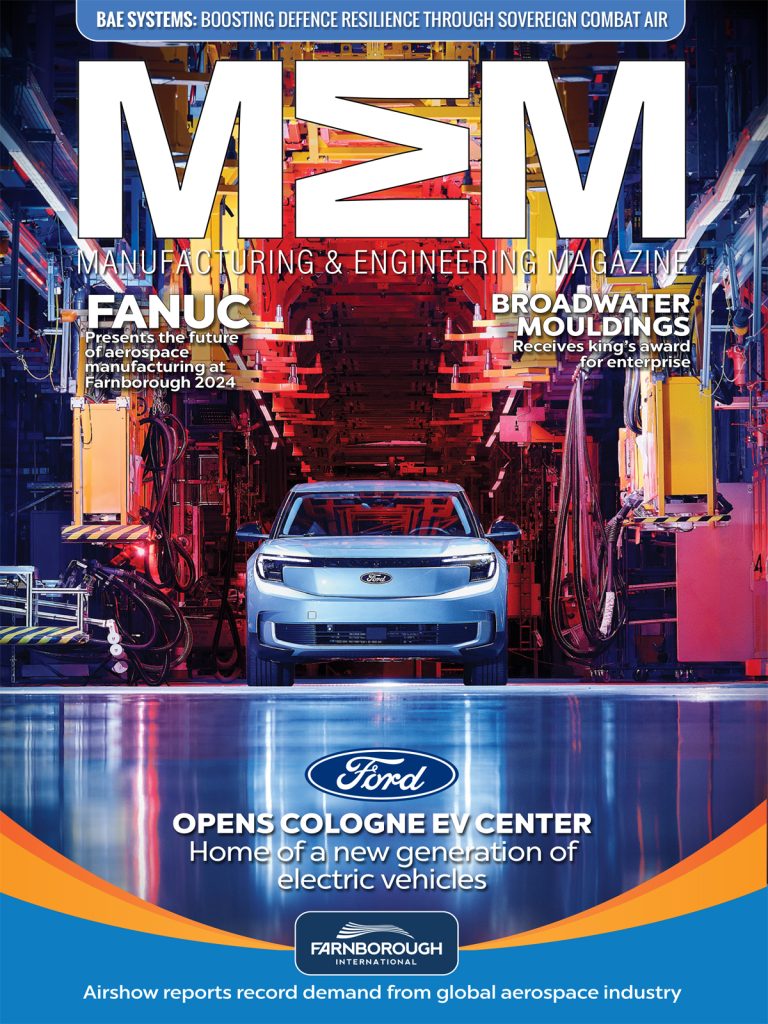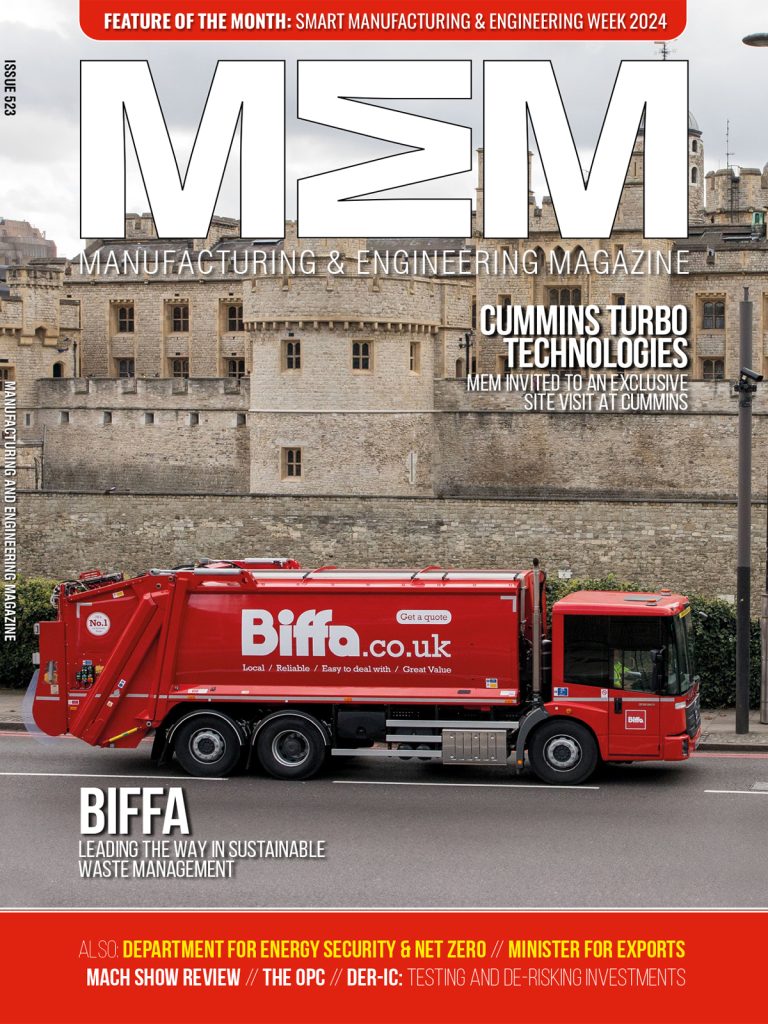According to the SMMT, over 775,014 cars and 101,600 commercial vehicles were built in the UK last year. Commensurate to this rise in production, seating manufacturers are experiencing heightened demand.
A significant portion of these newly manufactured vehicles are electric, and the era of  electric battery technology has brought with it challenging technological demands for automotive OEMs. Lightweighting is a crucial consideration in all aspects of an EV build, as a 10% reduction in vehicle weight can result in a 6-8% improvement in fuel economy. All aspects of an EV, including seating, are expected to add minimal weight to the car.
electric battery technology has brought with it challenging technological demands for automotive OEMs. Lightweighting is a crucial consideration in all aspects of an EV build, as a 10% reduction in vehicle weight can result in a 6-8% improvement in fuel economy. All aspects of an EV, including seating, are expected to add minimal weight to the car.
Although they’re some of the smallest parts in a build, redesigning the geometry of a fastener can play a significant part in reducing overall vehicle weight. Re-engineering these parts can therefore considerably improve a seat’s suitability to an electric vehicle application.
Alongside this, the rapidly growing popularity of advanced climate-controlled seating, like chilling and heating seats, means that automotive seating manufacturers are turning to increasingly advanced fastening solutions. Of course, vehicle safety and driver comfort also remain at high priority, leaving manufacturers with a number of key design considerations to satisfy.
Seating manufacturers must use fasteners and components that are:
-
- Lightweight
- Vibration resistant
- Prioritise thermal and electrical conductivity and insulation
- Durable, with high tensile strength
Fasteners for automotive seats can include:
- Weld Nuts
- SEMs Screws
- Machine Screws
- Flat Washers
- Rivet Nuts
- Plastic Parts
- Headed Pins
- Flanged Fasteners
While part optimisation is crucial, making sure these parts are received at the right place, at the right time is essential to meet demand.
Supply chains are forecasted to remain in a state of unpredictability, so it’s important manufacturers streamline their supply chains. Plus, with the evolving strictness of the UK’s ‘Rule of Origin’ legislation, many UK manufacturers are looking to onshore their fastener supply to qualify for the benefits of any EU-UK trade deal.
There are now a growing number of manufacturers across the UK that offer bespoke fastener engineering, allowing UK manufacturers to satisfy these new Rule of Origin requirements through onshoring. Onshoring also reduces lead times and minimises supply chain risk, meaning manufacturers can always rely on a steady stream of standard, specialised and bespoke parts to meet demand.
For more information visit https://international.optimas.com/
Manufacturing & Engineering Magazine | The Home of Manufacturing Industry News
